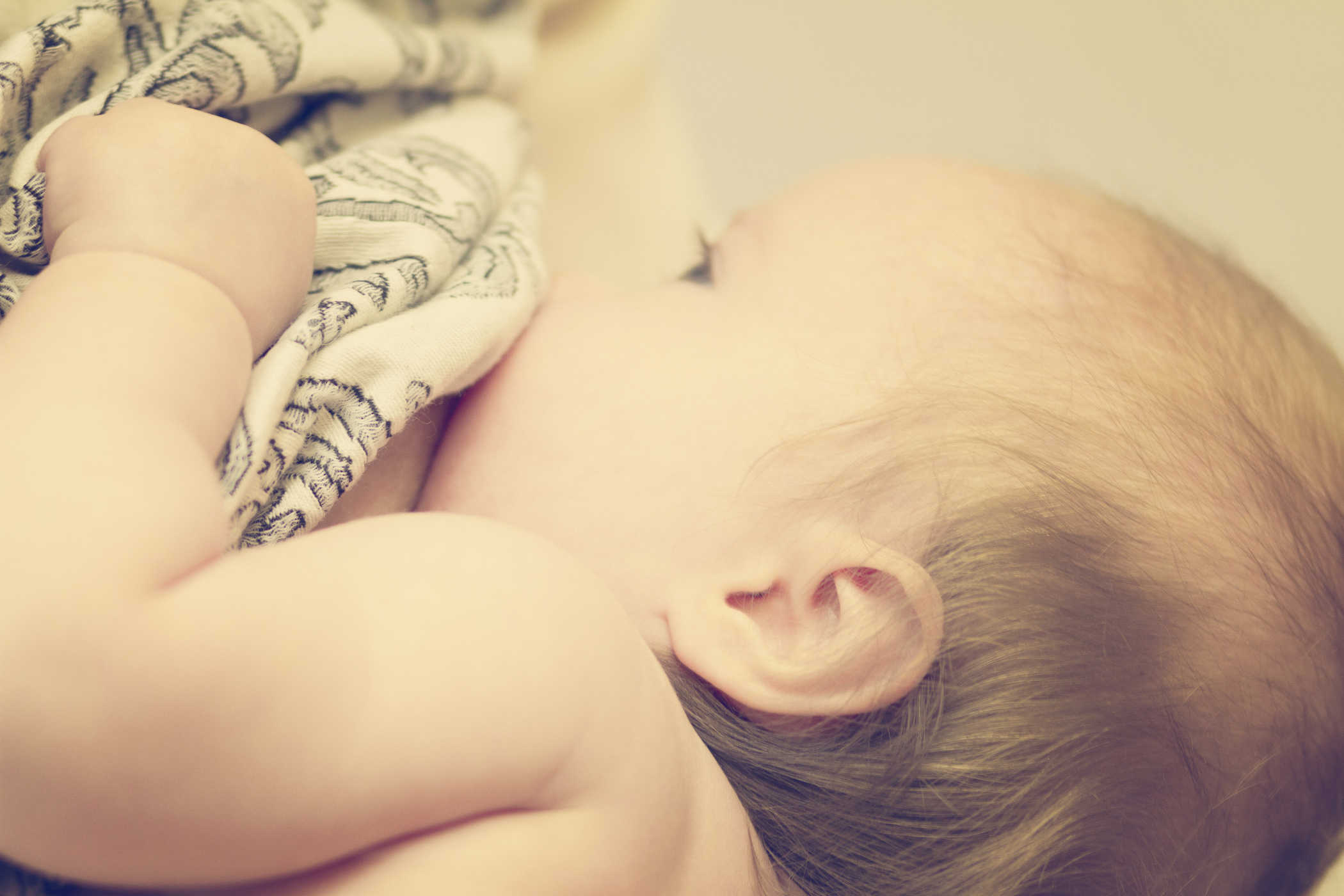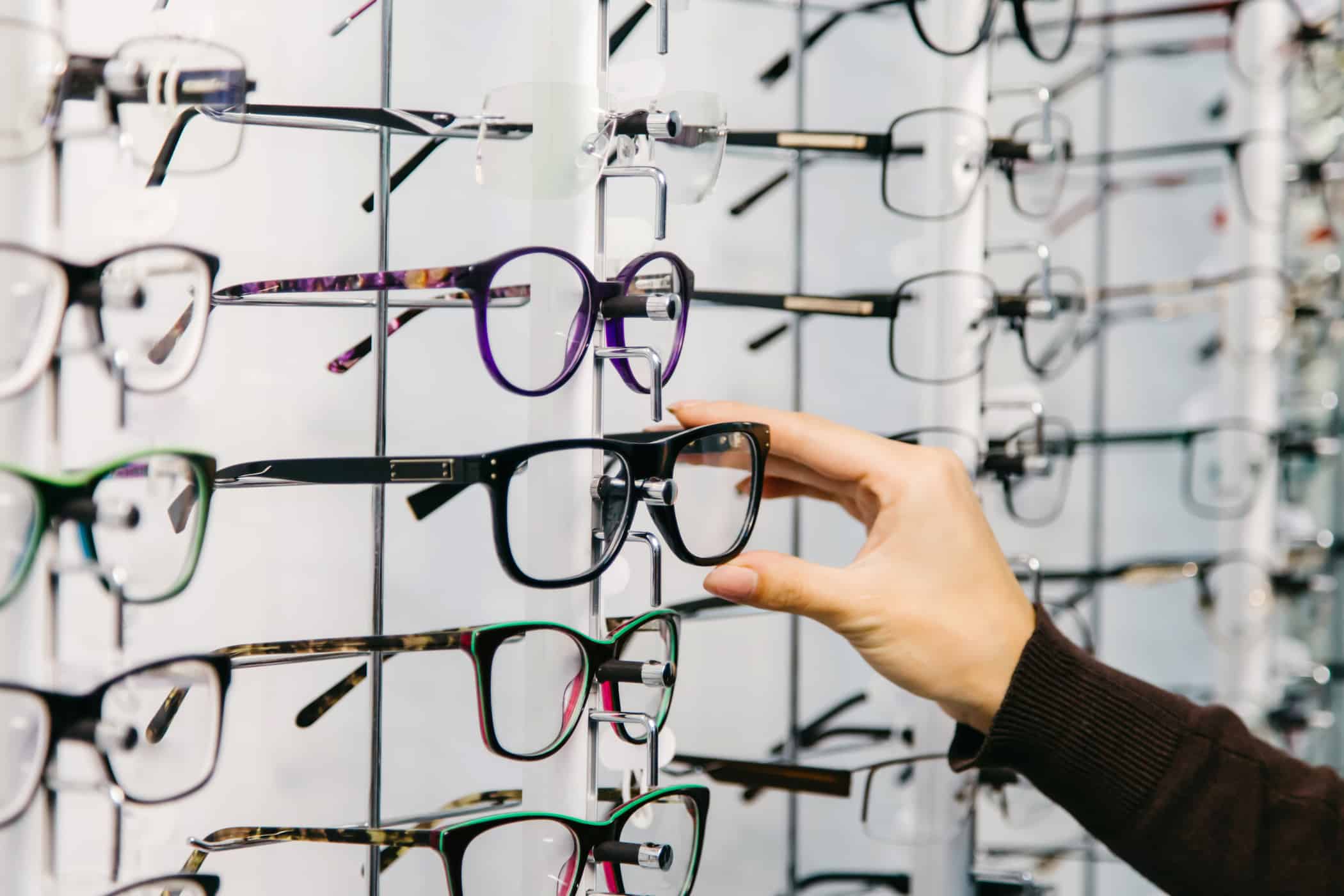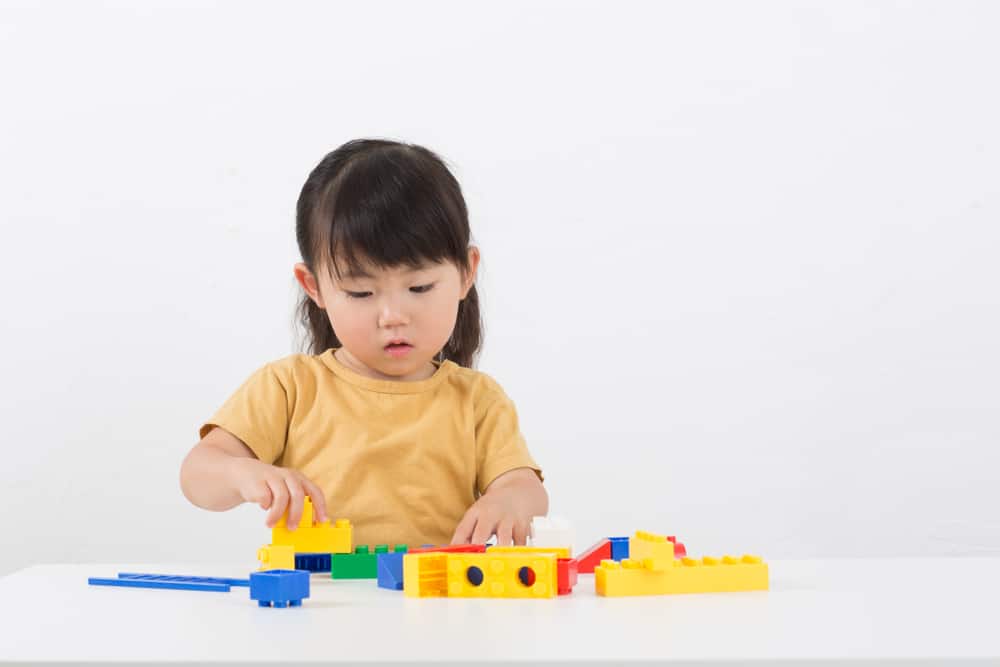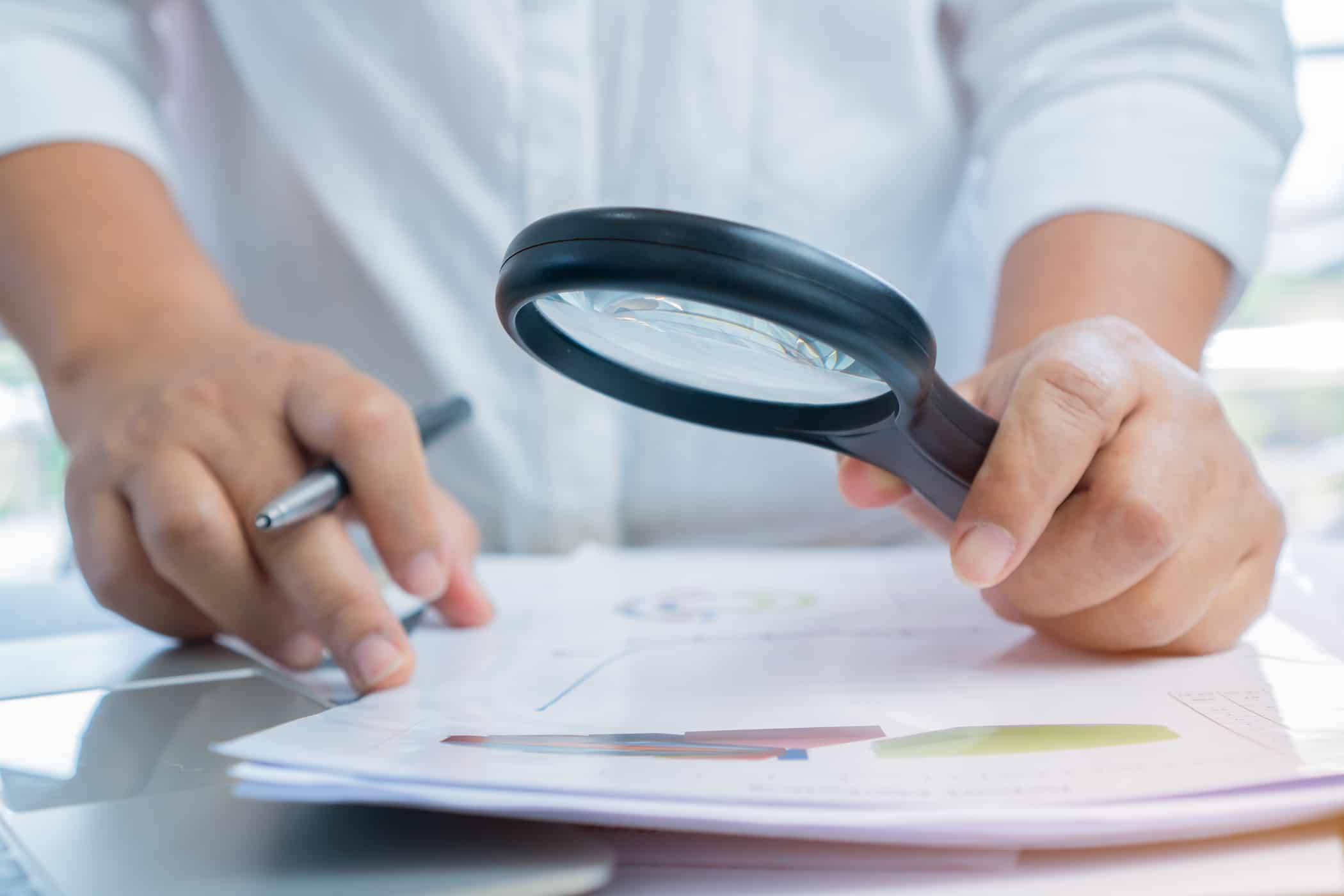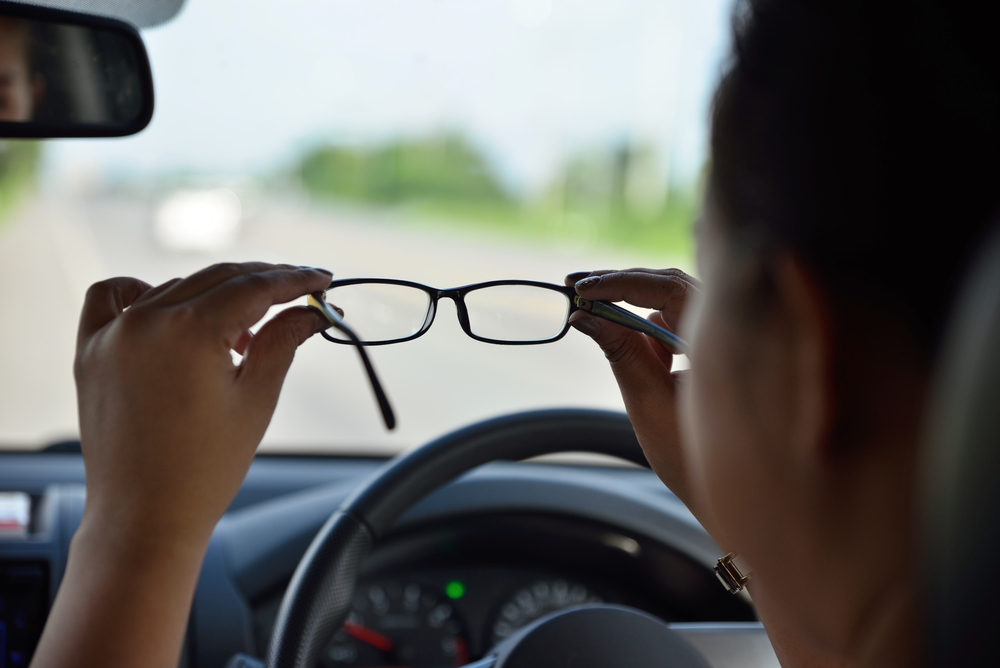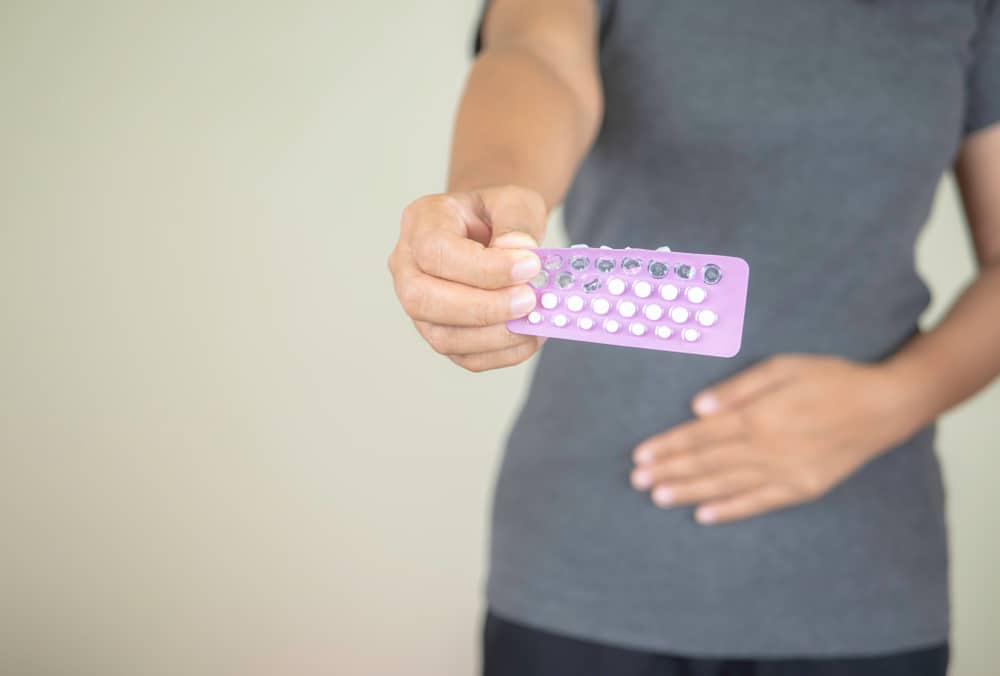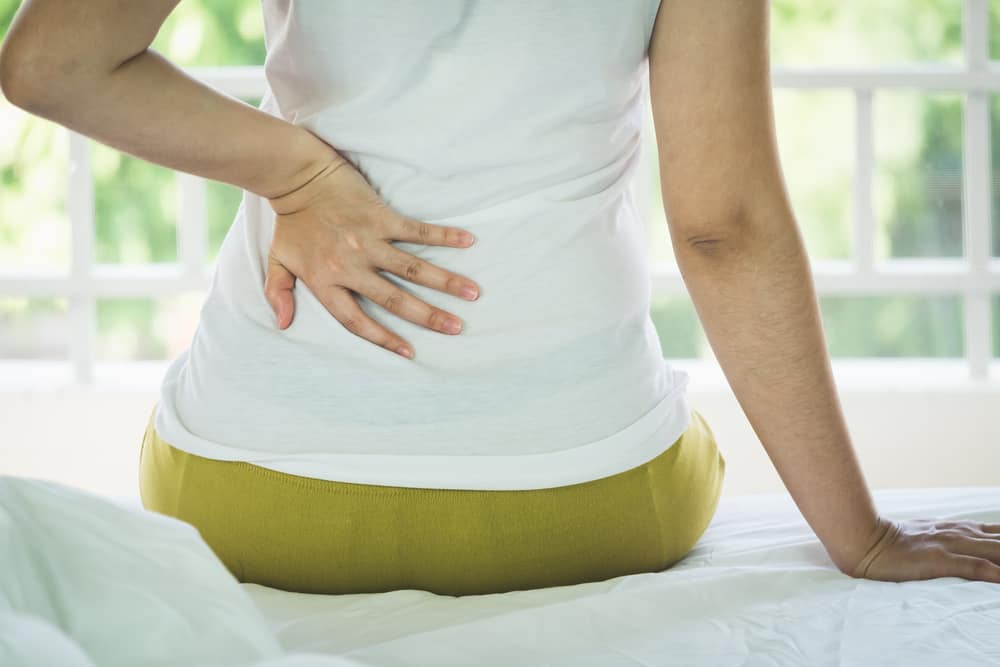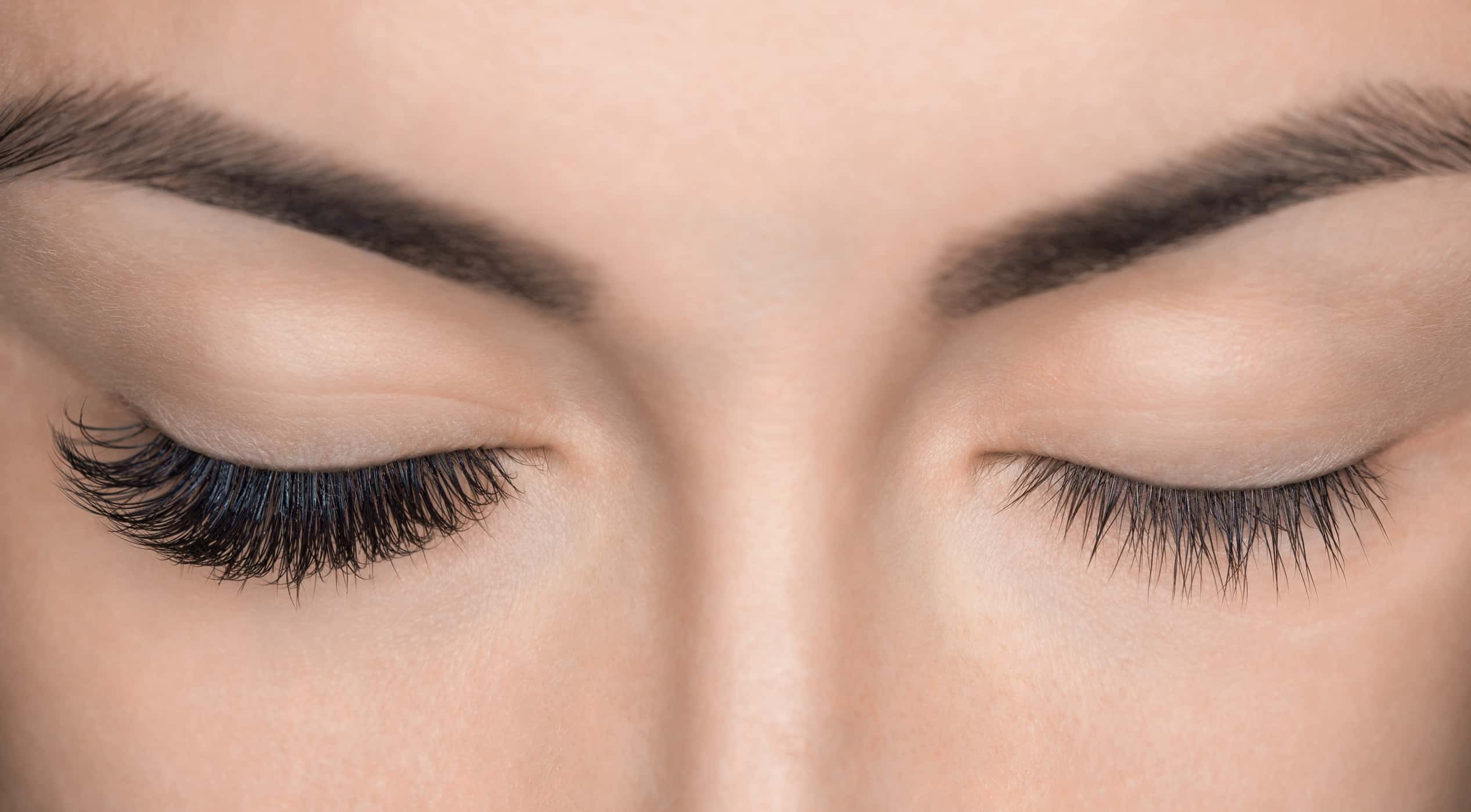Contents:
- Medical Video: 7 Food Combinations That Can Ruin Your Health
- Research around breast milk and pollution
- How can pollution affect breast milk?
- Does this mean breastfeeding is a danger to the baby?
Medical Video: 7 Food Combinations That Can Ruin Your Health
Exclusive breastfeeding is the best food for a newborn baby, because it is easily digested by the baby and becomes a protective immune system of the baby against various bacteria that might infect. Even according to WHO, exclusive breastfeeding has prevented 800 million children from infectious diseases from year to year. Breast milk contains immunoglobulin A (IgA) which can increase the baby's immune system. Then, what if the milk that is supposed to be the baby's protector against environmental exposure is actually toxic to the baby?
Recently a study found that in breast milk there can be various chemicals that become poisons and interfere with the health of the baby.
Research around breast milk and pollution
The level of pollution that occurs in big cities, like Jakarta, is very large and will be dangerous for the health of all ages, including for babies who need a good environment to support their growth and development. The research discussed in Environmental Science and Technology suggests that breast milk can be contaminated by a chemical compound called perflournated alkylates (PFASs). PFASs are the chemical compounds most often used by industries that produce textiles, paint products, waterproof clothing, and various packaged food products.
Research conducted by researchers from Harvard T.H. Chan School of Public Health, involved as many as 81 children from 1997 to 2000. Then the researchers looked at PFAS levels in the child's blood. The blood was examined by the children when they were 11 months, 18 months and 5 years. Not only that, to compare experts also measured the number of PFASs in the mother's body when the mother had a pregnancy at week 32.
The results of this study revealed that children who were given exclusive breastfeeding had an increase in the number of PFASs in the blood by 20 to 30 percent each month, compared with children who were given partial breastfeeding, namely breastfeeding accompanied by other foods or drinks before a 6-month-old baby. In fact, the study found that in some cases, the level of PFASs in children was higher than the level of PFASs in mothers. So the researchers concluded that PFASs can make breast milk contaminated and the substance is transmitted to the baby through breastfeeding by the mother.
How can pollution affect breast milk?
PFAS can contaminate mother's breast milk which then affects baby's development. According to the Center for Disease Control, USA, the possible impact is if poisoning of these chemicals is:
- Disorders of fetal and child development, including disorders in terms of growth, learning and behavior
- Reduces fertility because it can affect hormone levels in the body
- Increase cholesterol
- Affects the immune system
- Increases the risk of cancer
These PFASs compounds are obtained by mothers from environments with high pollution levels. Several studies have been carried out stating that women living in industrial areas, agricultural areas that use pesticides, and high levels of air pollution are vulnerable to being contaminated with PFASs which then affect their milk production.
In the study it was known that the content of PFASs contained in breast milk was 200 to 100 nanograms / liter and infants could consume as much as 125 ml / kg of breast milk. Then PFASs that will move from breast milk to the baby's body are as much as 1 microgram / kg body weight for 6 months the baby consumes breast milk. Although the content of PFASs that may be drunk by babies from breast milk is small, but it takes a very long time to remove PFASs substances that are in the body. The experts said that at least it took at least 4 years to reduce levels of PFASs in the body, even for some people it takes longer.
Does this mean breastfeeding is a danger to the baby?
Until now, breast milk is still the best food given to babies. In fact, the WHO recommends giving exclusive breastfeeding for 6 months and continuing until the 2-year-old child is accompanied by the provision of complementary breastfeeding. Giving breast milk is also believed to help the growth and development of babies and reduce the risk of babies getting degenerative diseases in adulthood. So, there is no reason not to give exclusive breastfeeding to children.
In addition, the Centers of Disease Control says that almost all people have PFASs in their blood even at very little levels. This happens because almost all products produced by the industry use PFASs, such as raincoats, carpets, furniture, and how much clothing materials. But the exposure of these objects is not too dangerous compared to exposure to PFASs that are in drinks or food.
Therefore, make sure that you drink water and eat foods that are free of contamination by filtering for water and the cooking process for food. Not only that, sometimes in make up it also contains PFASs, so you should make sure that the products you use are free from that.
READ ALSO
- Should Pregnant Women Take Additional Supplements?
- Beware, 3 Contraception Methods Are Not Effective To Prevent Pregnancy
- 13 Things You Must Do During the Third Trimester of Pregnancy

